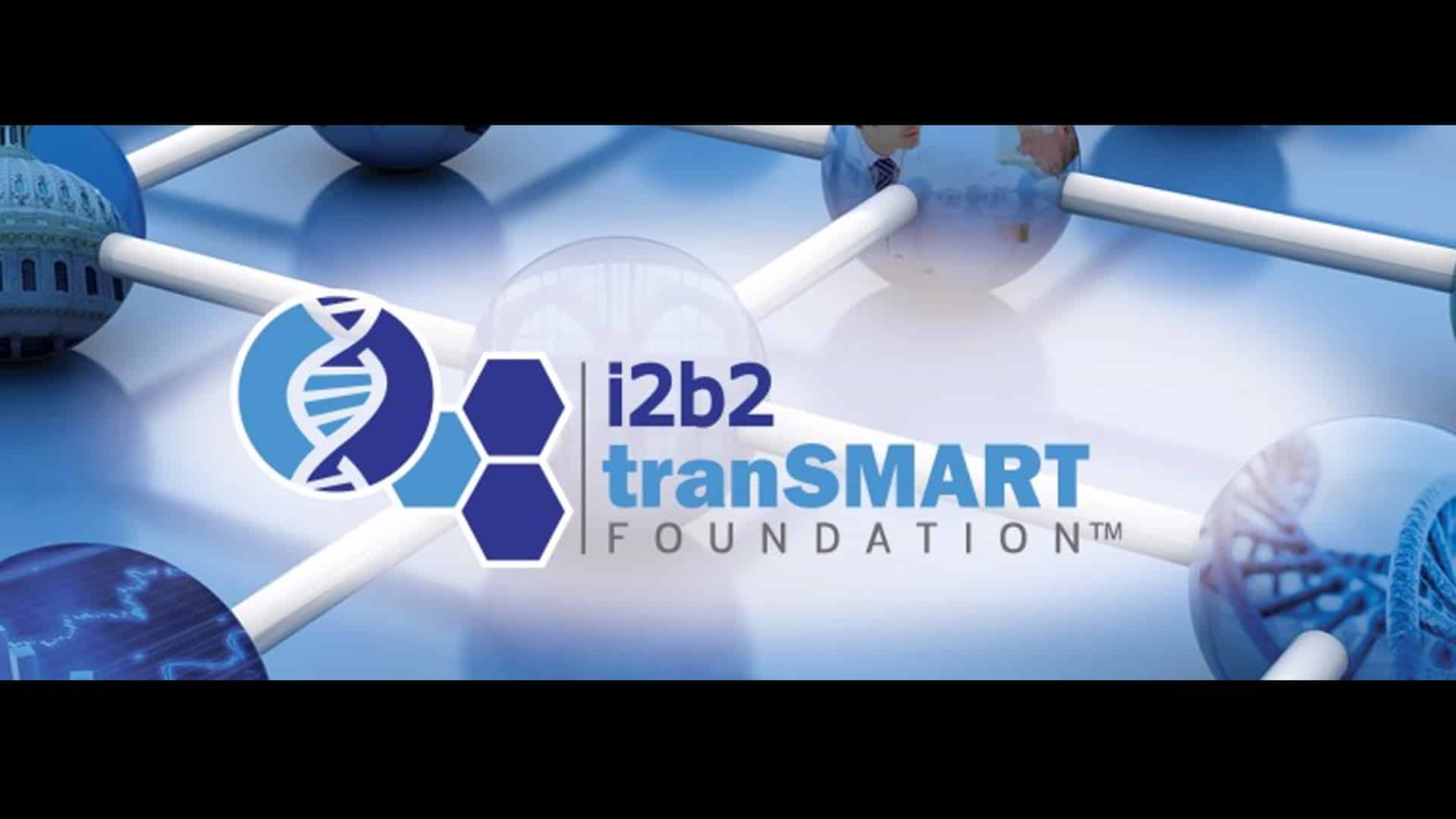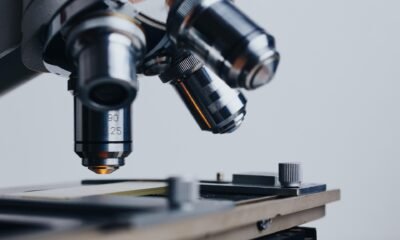Analysis
Researchers are creating “digital twins” to study long-haul COVID-19
COVID-19 Long haulers study to create personalized health risk scores and drug treatment recommendations based on patients’ unique medical history and genetics AI-driven research and digital twins will support hospitals and research centers globally and contribute to Dell’s goal to use technology and scale to advance health, education, and economic opportunity for 1 billion people by 2030 Full story: Dell Technologies (NYSE: DELL) is helping i2b2 tranSMART Foundation, a non-profit open-source research organization, mobilize huge amounts of global de-identified patient data to create virtual models of patients known as digital twins to treat impacts of long-haul COVID-19.
Through Dell Technologies’ modern infrastructure, the i2b2 tranSMART community will use de-identified patient data to produce digital twins. Researchers can then perform millions of individualized treatment simulations on the digital twins to determine the best possible therapy option for patients, based on genetic background and medical history. To make this possible and provide the computational, artificial intelligence, machine learning, and advanced storage capabilities to generate digital twins, Dell Technologies built a data enclave a secure data storage network comprised of Dell EMC PowerEdge, PowerStore, and PowerScale storage systems, as well as VMware Workspace ONE and Boomi integration services. In the data enclave, researchers gather, store, and analyze data scattered across various monitoring systems and electronic health records and in the future will have the capability to update the digital twins with real-time clinical data collected through ventilator and cardiac monitors.
Also read: COVID crisis: Goa Airport plans to hold vaccination camp for aviation personnel
This project is a perfect example of the global research and technology community coming together to support people who are suffering from a condition that is not well understood, said Jeremy Ford, vice president of strategic giving and social innovation, Dell Technologies. Working together with the i2b2 tranSMART Foundation, we will apply our expertise and technology to build digital twins, share data, conduct simulations and analyses using these insights to help understand and better treat patients with long-haul COVID. Initially, researchers will use the data enclave to power 70,000 patients’ tests, simulations, and analyses, which will be shared with the 4CE Consortium, an international coalition of more than 200 hospitals and research centers including data collaboratives across the US, France, Germany, Italy, Singapore, Spain, Brazil, India, and the United Kingdom. This effort has the potential to expand with data for up to two million digital twins in the next four years.
Understanding and treating long-haul COVID An estimated 1 in 20 people with COVID-19 are likely to experience long-term symptoms, ranging from profound fatigue, brain fog, headaches, cardiac arrhythmia, fevers, and shortness of breath. So-called long haulers suffer from what is known formally as Post-Acute Sequelae of SARS-CoV-2 (PASC). Little is known about why some continue to be affected after the virus has left the body or about the long-term impacts. Research on this condition requires colossal amounts of patient data. Working directly with the 4CE Consortium, the i2b2 tranSMART Foundation has supported the mobilization of data from a network of more than 200 institutions worldwide. To protect the privacy of patients, all data is de-identified before it is submitted to the 4CE Consortium. At this stage, healthcare professionals are breaking new ground by developing and evaluating the efficacy of COVID-19 treatments, said Dr. Shawn Murphy, i2b2 tranSMART Foundation board member. This new AI-driven platform will help them use the explosion of research findings to deliver better care and precision treatments for their patients. By creating these digital twins, we are taking clinical research to a whole new level.









































Pingback: RBI's Rs 50K cr liquidity push can increase hospital bed capacity by 20%: Crisil | The Plunge Daily